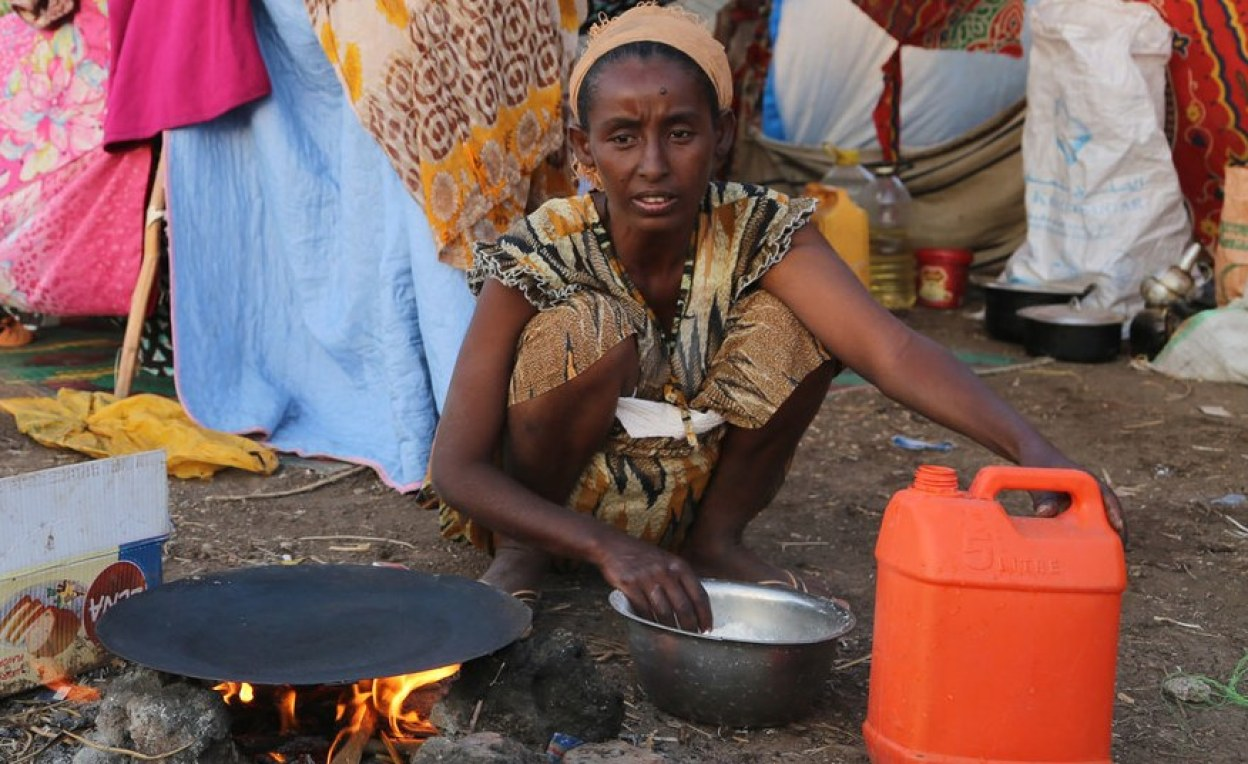Emergency workers are struggling to help victims in a region that has been cut off from the outside world and is in the midst of a humanitarian crisis.
Ten people have died and at least 14 more were injured in a second day of airstrikes in Ethiopia’s northern Tigray region on Wednesday.
Five people died at the scene of twin drone strikes in the residential Dagim Amsal neighborhood of Mekelle, according to emergency workers.
The other five victims died on the way to the Ayder Referral Hospital, the hospital’s director Kibrom Gebreselassie said.
He added that some of the victims required urgent, major surgery in the face of supply shortages in a region that has largely been cut off from outside aid.
“I don’t know what to do,” Kibrom said. “Am I to lose every salvageable victim because there is no oxygen or medicine?”
The death toll could climb as more patients reach the hospital, another doctor told the Associated Press, speaking on the condition of anonymity.
Calls for cease-fire talks
Wednesday’s drone strikes follow a similar strike on Mekelle University on Tuesday, which local Tigrayan authorities said caused several injuries and property damage.
The airstrikes mark a resumption of fighting between the Ethiopian federal government in Addis Ababa, and the Tigray People’s Liberation Front (TPLF) in the north, which was previously the dominant force in the country until 2018.
“The regime in Addis continues to defy any possibility for peaceful solution through show of force and air raids,” TPLF spokesperson Kindeya Gebrehiwot said on Twitter following Wednesday’s attacks.
Prime Minister Abiy Ahmed’s government has not commented on this week’s reported bombings.
However, Deputy Prime Minister and Foreign Minister Demeke Mekonnen released a statement on Wednesday welcoming the TPLF’s new willingness to join cease-fire talks mediated by the African Union, which is headquartered in Addis Ababa, and with support from the European Union.

